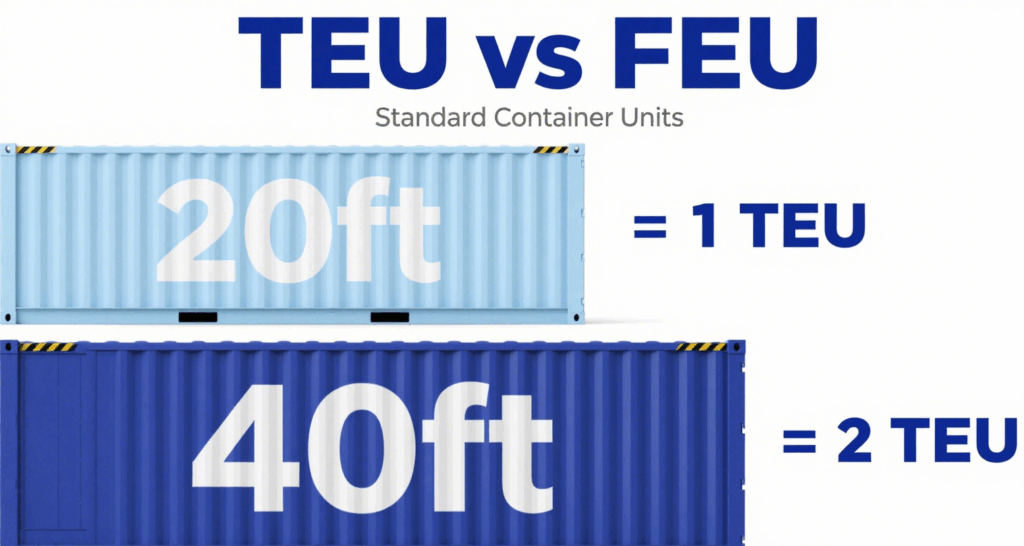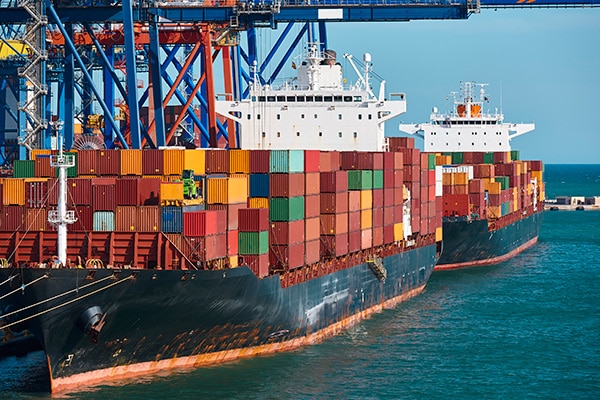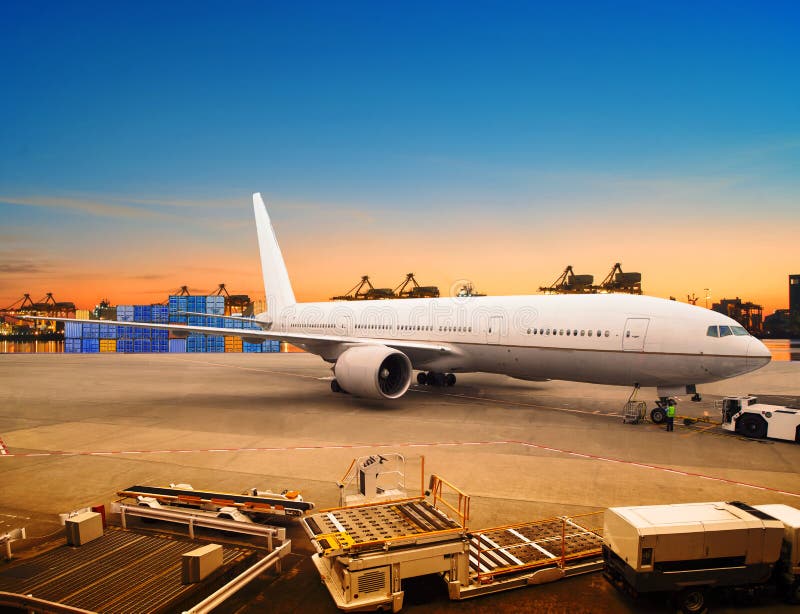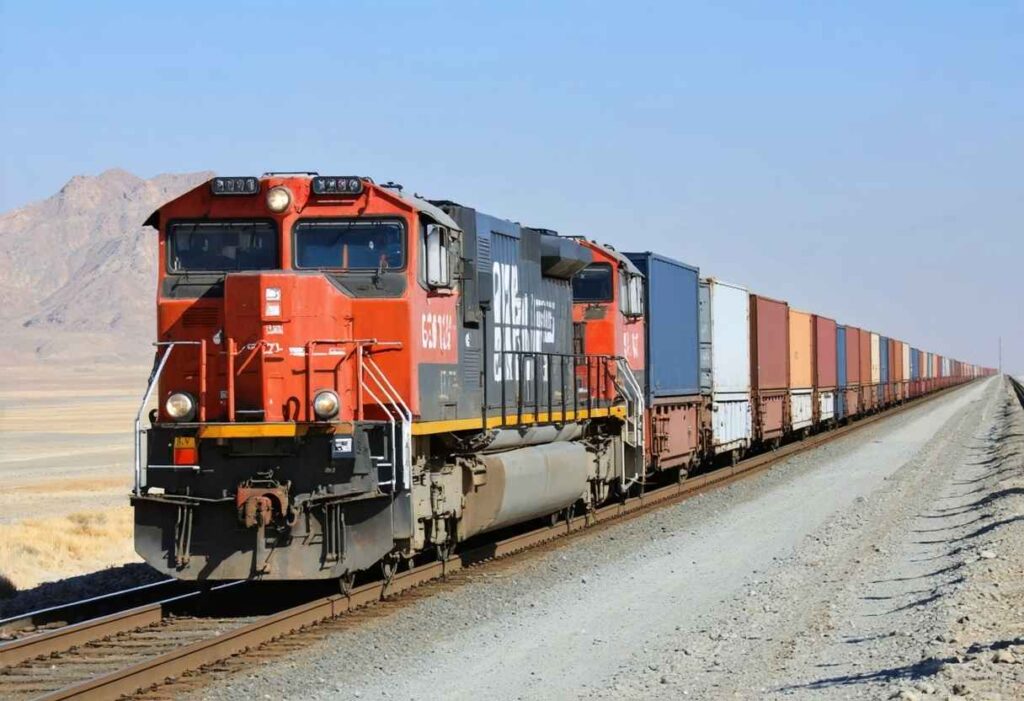Managing global logistics can be challenging, especially when shipping bulk cargo overseas. Choosing professional FCL shipping from Shenzhen to Canada ensures smooth operations, reduced costs, and dependable delivery schedules. As businesses expand trade between China and Canada, FCL (Full Container Load) sea freight provides unmatched value for large shipments.
What Is FCL Shipping and Why Is It Ideal for Canada-bound Cargo?
FCL shipping means one shipper exclusively uses an entire container, which can be 20ft, 40ft, or 40HQ in size.
Unlike LCL (Less than Container Load), FCL avoids cargo mixing, reducing handling risks and delays.
| Container Type | Capacity (CBM) | Ideal Cargo Weight | Suitable For |
|---|---|---|---|
| 20ft Container | 28–33 CBM | Up to 28 tons | Small bulk shipments |
| 40ft Container | 58–67 CBM | Up to 28 tons | Medium-large loads |
| 40HQ Container | 68–76 CBM | Up to 28 tons | Lightweight volume cargo |
Moreover, professional FCL shipping offers secure packing, consistent transit times, and predictable shipping costs—key advantages for Canadian importers.
Why Choose Shenzhen for FCL Shipping to Canada?
Shenzhen, one of China’s busiest export hubs, handles millions of TEUs annually through ports like Yantian, Shekou, and Chiwan.
These ports connect directly to major Canadian destinations including Vancouver, Toronto, and Montreal.
Key benefits of shipping from Shenzhen:
- Direct sailings to Canada with weekly schedules
- Proximity to the Pearl River Delta manufacturing zones
- Integrated customs clearance and bonded warehouse systems
- Flexible booking through multiple shipping lines (COSCO, Maersk, ONE, MSC)
Additionally, Shenzhen’s efficient port operations and advanced logistics technology ensure faster handling and minimal delays.
How Long Does FCL Shipping from Shenzhen to Canada Take?
Transit time varies by port and route, but FCL sea freight from Shenzhen typically takes 17–30 days, depending on destination and shipping line schedules.
| Destination Port (Canada) | Transit Time (Days) | Shipping Line |
|---|---|---|
| Vancouver | 17–20 days | COSCO, Evergreen |
| Toronto (via Vancouver + Rail) | 23–28 days | Maersk, Hapag-Lloyd |
| Montreal | 26–30 days | CMA CGM, ONE |
To illustrate, a 40ft container shipped from Yantian Port to Vancouver generally takes 18 days port-to-port, followed by 2–3 days for customs clearance.
What Are the Shipping Costs from Shenzhen to Canada?
Costs depend on factors such as container size, freight season, and delivery location.
Below is an estimated FCL cost breakdown:
| Container Type | Estimated Freight (USD) | Transit Time |
|---|---|---|
| 20ft | $1,800–$2,300 | 20–25 days |
| 40ft | $2,800–$3,600 | 20–28 days |
| 40HQ | $3,000–$3,900 | 20–30 days |
However, additional expenses may include customs fees, port handling charges, and trucking to the final Canadian destination.
Working with a professional logistics provider ensures accurate quotes and better consolidation rates.

What Documents Are Required for Customs Clearance?
Accurate documentation ensures timely clearance for FCL cargo.
| Document Type | Purpose |
|---|---|
| Bill of Lading (B/L) | Proof of shipment ownership |
| Commercial Invoice | Declares product value and buyer/seller info |
| Packing List | Lists item quantities and packaging details |
| Certificate of Origin | Required for tariff classification |
| Importer Number (Canada) | Needed for customs entry filing |
| Insurance Certificate | Protects against shipping loss/damage |
Moreover, Canadian customs (CBSA) require detailed HS codes and compliance with trade regulations, especially for electronics, furniture, and machinery.
Real Shipping Case Studies
Case 1: Furniture Export to Vancouver
Route: Shenzhen Yantian → Port of Vancouver
Container: 40HQ (72 CBM)
Cargo: Wooden furniture sets
Cost: USD 3,100
Transit Time: 19 days
Outcome: Delivered safely with zero damage, cleared customs within 24 hours.
Case 2: Auto Parts to Montreal
Route: Shekou → Montreal
Container: 20ft (32 CBM)
Cargo: Engine parts and filters
Cost: USD 2,050
Transit Time: 28 days
Outcome: Shipment arrived on time and integrated rail delivery to Quebec warehouse.
Need a reliable logistics partner? Share your shipment details and we’ll provide a tailored quotation quickly and accurately.
How Does FCL Compare to Other Shipping Modes?
| Mode | Transit Time | Cost Level | Best For | Pros | Cons |
|---|---|---|---|---|---|
| FCL Sea Freight | 20–30 days | Low | Bulk cargo | Cost-effective, secure | Slower than air |
| LCL Sea Freight | 25–35 days | Lower | Small loads | Shared cost | Risk of delay |
| Air Freight | 3–7 days | High | Urgent goods | Fast | Expensive |
| Rail Freight | 15–22 days | Medium | Medium-sized cargo | Eco-friendly | Limited routes |
As a result, FCL shipping is ideal for full-container exporters prioritizing stability and cost control.
How to Optimize Your FCL Shipping from Shenzhen to Canada
To ensure smooth and efficient delivery, follow these expert tips:
- Book early during peak season (Sept–Jan) to secure vessel space.
- Optimize packaging to maximize container space.
- Use verified HS codes to prevent customs delays.
- Insure your shipment against maritime risks.
- Track container status via digital logistics portals for real-time visibility.
Moreover, partnering with a trusted freight forwarder provides complete supply chain support, from export declarations to final delivery.
Conclusion
To summarize, professional FCL shipping from Shenzhen to Canada provides businesses with a reliable, cost-effective, and scalable logistics solution.
With experienced freight forwarders, timely customs documentation, and secure container handling, your shipments reach destinations like Vancouver, Toronto, and Montreal efficiently. Partnering with a professional shipping provider not only reduces risk but also optimizes your entire international supply chain — ensuring peace of mind and consistent global trade success.
Request a Quote
Need a tailored solution for your shipping from China?Let TJ China Freight Forwarder assist you with reliable, cost-effective service.
FAQ:
Q1.How long does it take for FCL shipping from Shenzhen to Canada?
Most shipments take 17–30 days, depending on the destination port and chosen shipping line schedule.
Q2.What are the benefits of using FCL over LCL?
FCL offers exclusive container use, faster handling, and reduced risk of cargo damage during consolidation and deconsolidation.
Q3.Can I track my FCL container in real time?
Yes, all major carriers provide online tracking systems for real-time container movement and estimated arrival updates.
Q4.Are there restrictions on goods shipped from China to Canada?
Certain items like batteries, chemicals, and food products require additional permits and compliance with Canadian import regulations.
Q5.What is the average FCL shipping cost to Canada?
On average, 20ft containers cost $1,800–$2,300, while 40ft containers range between $2,800–$3,900, excluding local fees.




